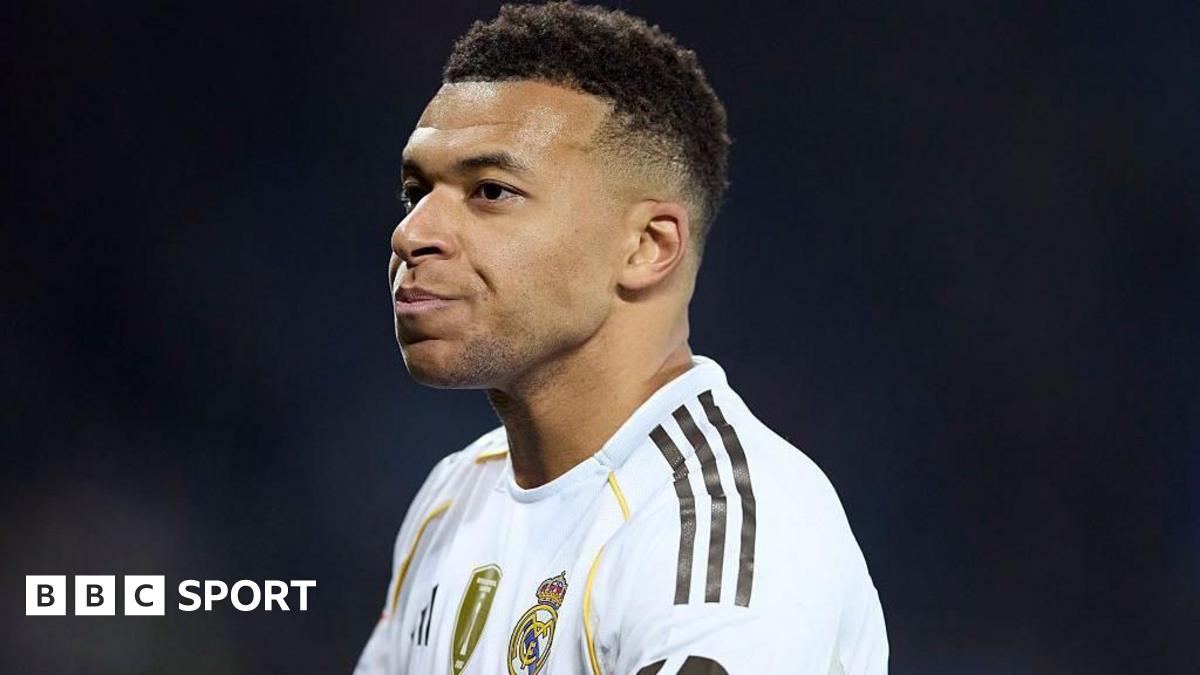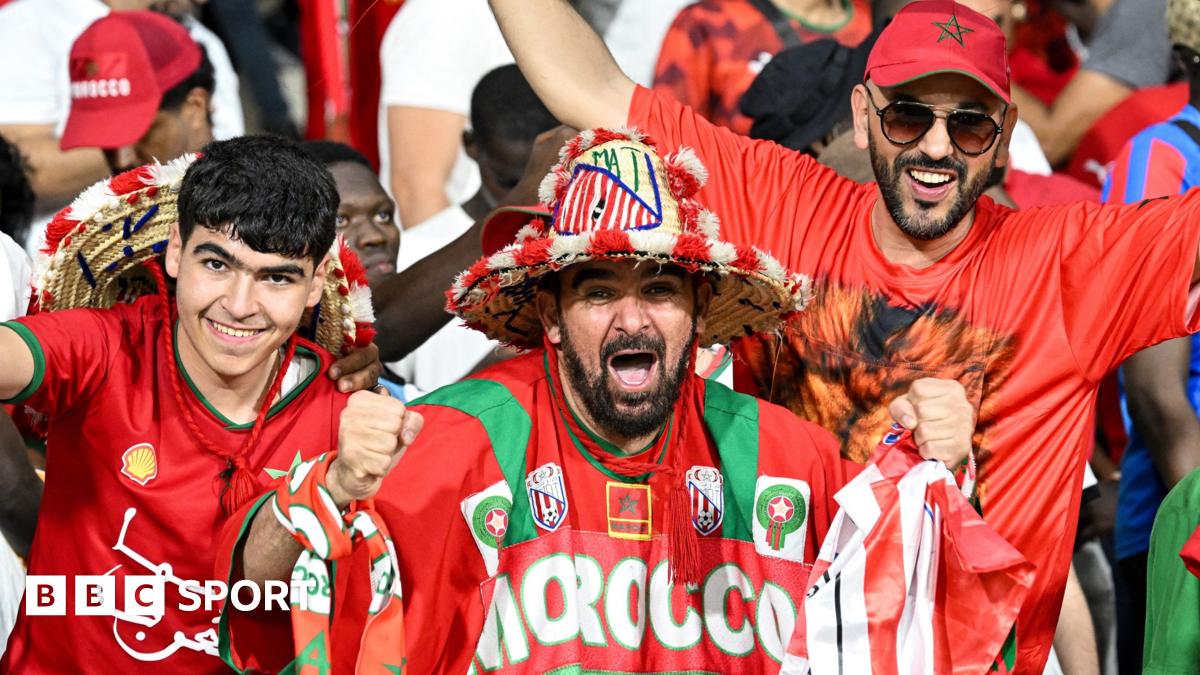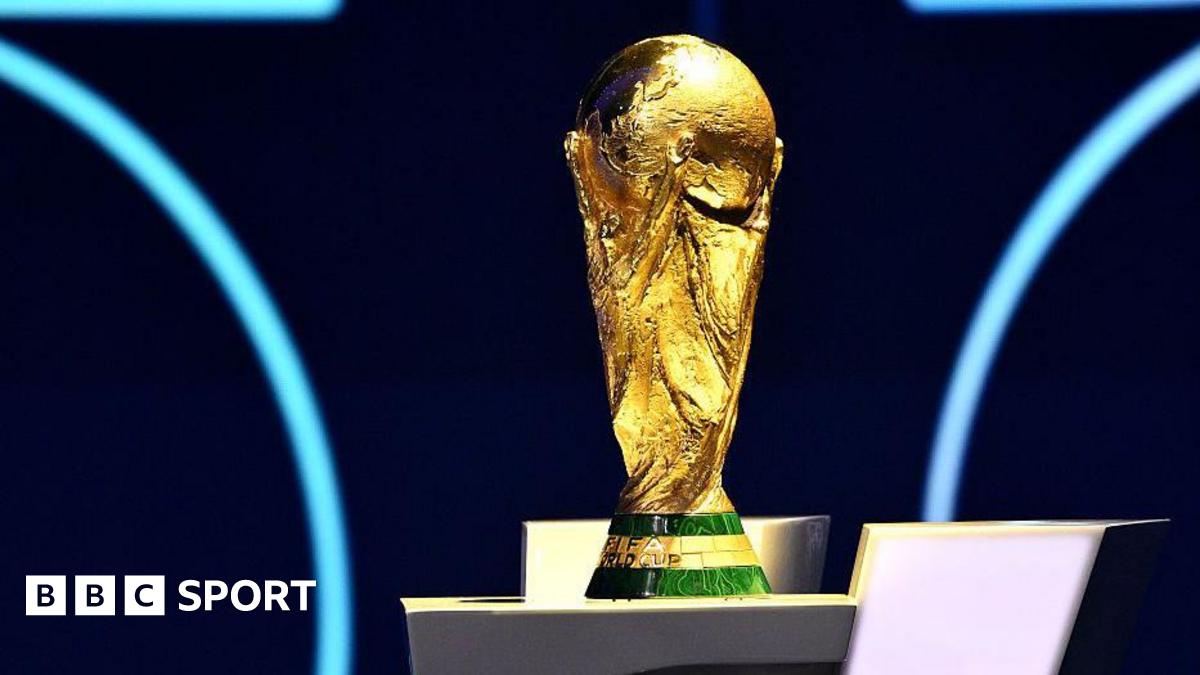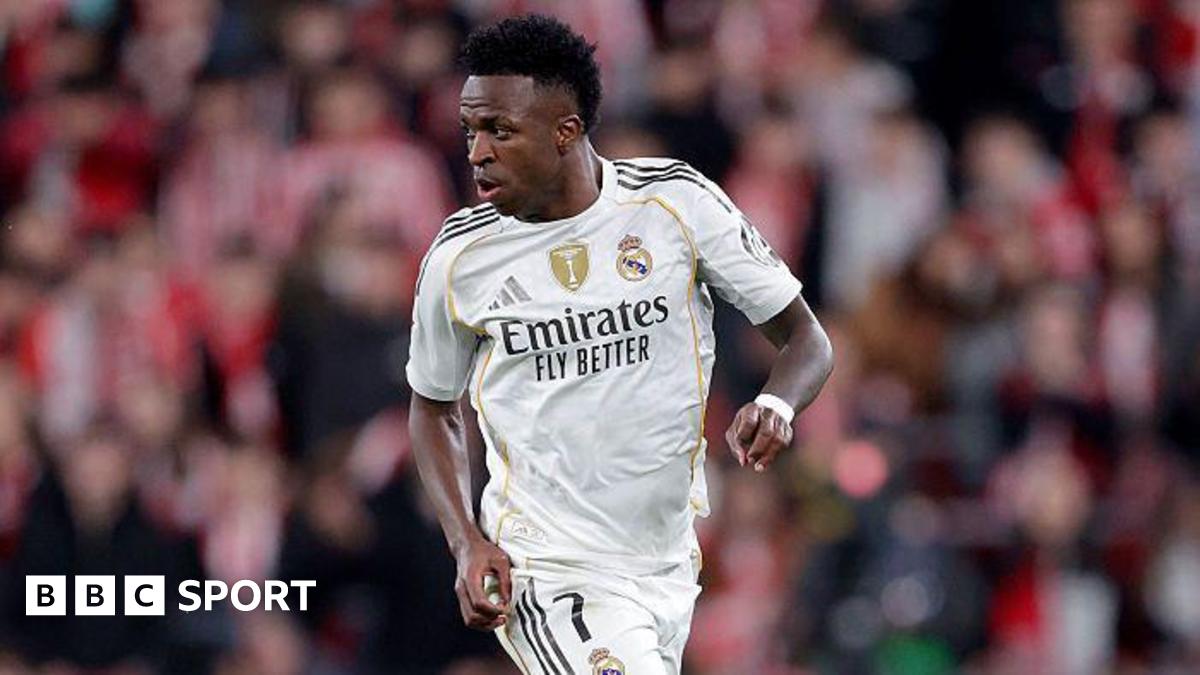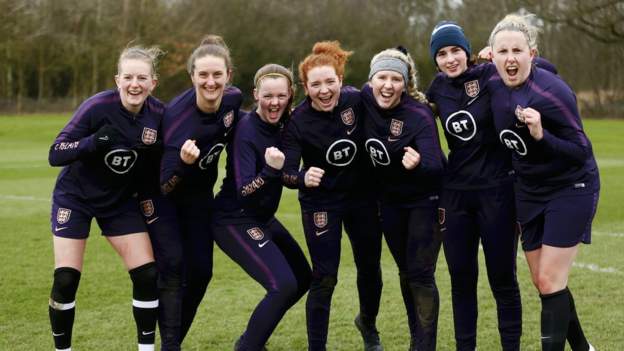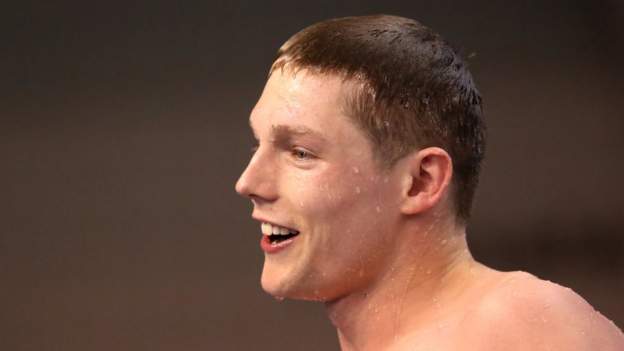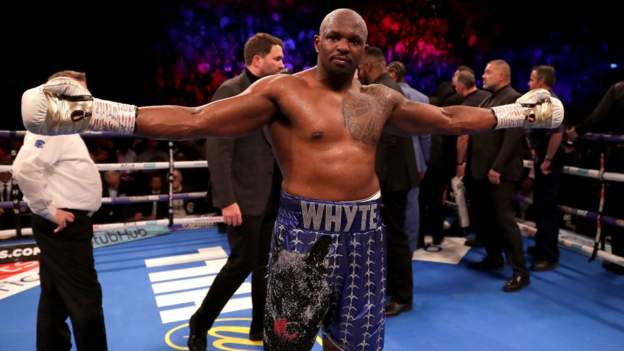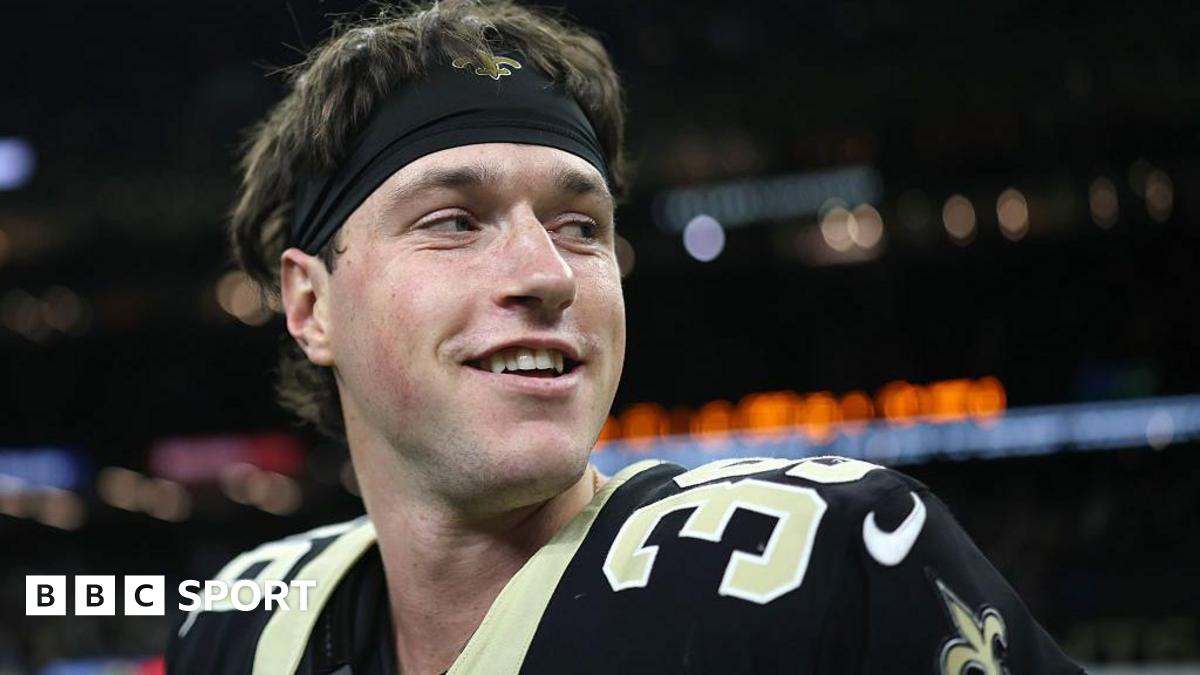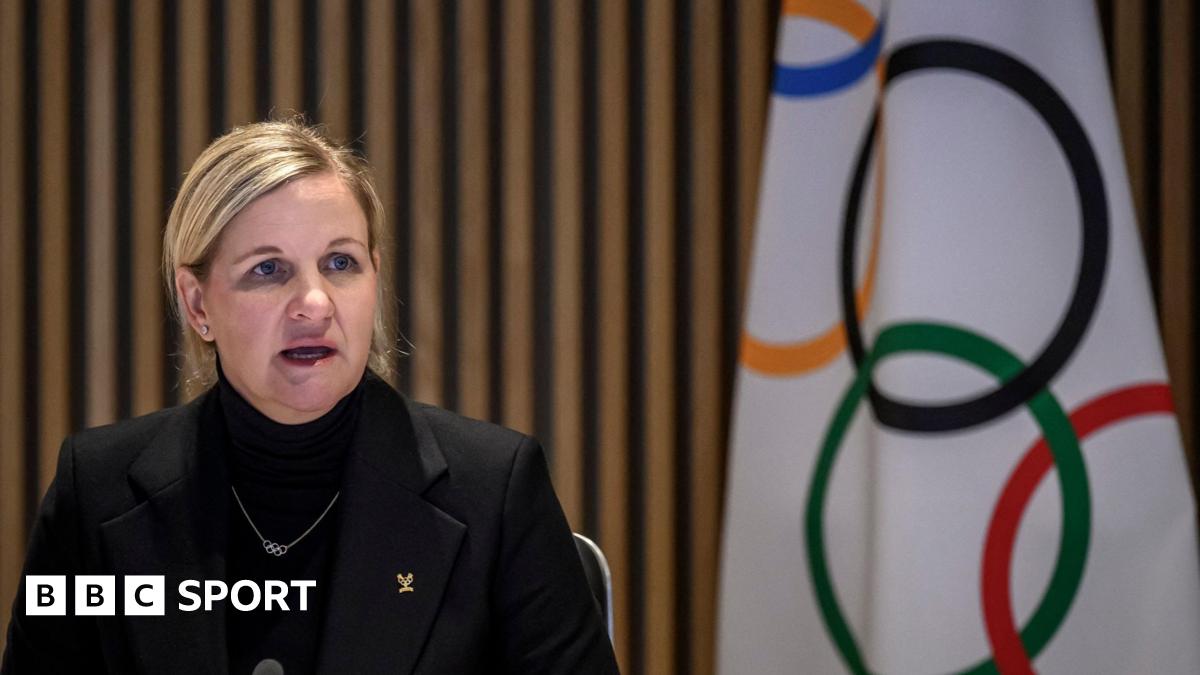With the World Championships in their sights, the England women’s deaf team are aiming high.
It is a young squad, still gelling together after the stop-start nature of the Covid-19 pandemic, but there is a drive to bring a medal home from South Korea in May next year.
Deaf football is 11-a-side with the same rules as professional football, but any hearing aids are not permitted to be worn during matches, meaning players rely solely on their natural hearing. Flags are waved to alert players of the whistler being blown, and sign language is often the primary form of communication.
The squad meet every month for a training camp at St George’s Park, the central hub for England football and where all their teams work. There are big plans for the next few months of preparation, including trips to Portugal and the USA. Matches are planned, but not yet in the diary.
England won bronze in Italy in 2016, but so much has changed since then.
‘Playing together is so important’
Jennifer Evans is a regular in the side and has big hopes for a successful campaign in the tournament, which had been delayed due to the pandemic.
“We are not that far off challenging,” Evans tells BBC Sport. “The current world champions are the USA. We obviously haven’t had a tournament for a while because of Covid, but the more we train together, the more team chemistry we’ll have. Ultimately, it comes down to playing more football.
“We have more than a year. We’ve got a good chance of winning a medal. In order to keep improving, playing together is so important. It is our first tournament, so let’s see how it goes.”
Evans has represented England in futsal and also juggles playing for fourth-tier Lincoln City, as well as life as a farmer, which she will need to break from during the tournament.
Other members of the team will also need to take time away from their varied careers, which include a chef – Emma Brown, a paramedic – Danielle Evans, and an actress – Asnath Losala.
Evans says the challenge of only having her natural hearing on the international stage has improved her awareness.
“A few of the girls have different experiences, but I think I play better without my hearing aid,” she said.
“When I play in my hearing team at Lincoln, I’m a split-second slower with my decision-making. With England, you need to trust what you know.
“There is a lot of trust in deaf football, because there is nobody shouting and instructing you.”
‘We are seen as elite and it is incredible’
Six months on from the unveiling of Football Your Way, the FA’s plan to promote disability football across the board, whether it be with the cerebral palsy, deaf, blind or amputee squads, and there is clear evidence of progress.
“You only have to drive through the gates at St George’s Park to feel that inspiration, I still get goosebumps now,” Lauren Asquith, Para Football Women’s Talent Pathway lead at the FA, tells BBC Sport.
“From a media and communications perspective, [the plan] has been massive. For young people with disabilities, across all of the impairments, the exposure has been crucial.
“My role is to develop the female game from grassroots to seniors across different impairments, and that wouldn’t have been possible before this structure was implemented. The FA has committed to adding a cerebral palsy women’s team and a blind women’s team – I’m heavily invested in both.”
When Evans first started playing deaf football the team were self-funded.
In 2016, former Manchester United defender Gary Neville donated £20,000 to help the Great Britain’s men’s and women’s deaf football teams secure their place at the 2017 Deaflympics.
“The FA came and funded us back in 2019 and it has been game-changing,” say Evans.
“There are no financial worries – when you go to camp, you are going to looked after. In terms of Football Your Way, it feels like there is a huge push towards disability football; we are definitely one team.”
“In the last training camp, we ended up on the pitch where the senior men and women train. There are no words to describe that feeling, it is incredible. We are very fortunate to be seen as elite. In other countries, not many teams get that support.
“No matter your disability or background, you can be at the same place as the seniors. That is huge.”

